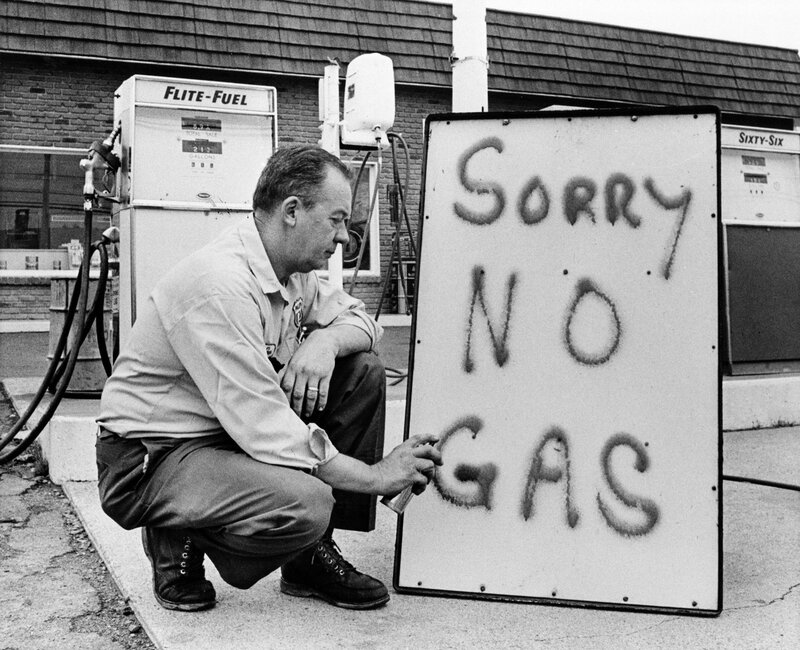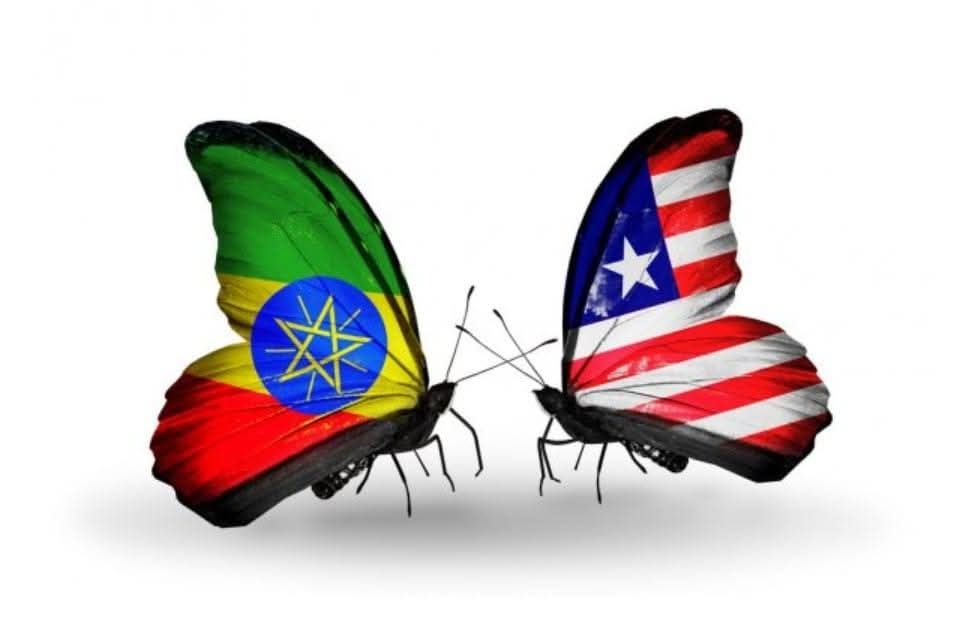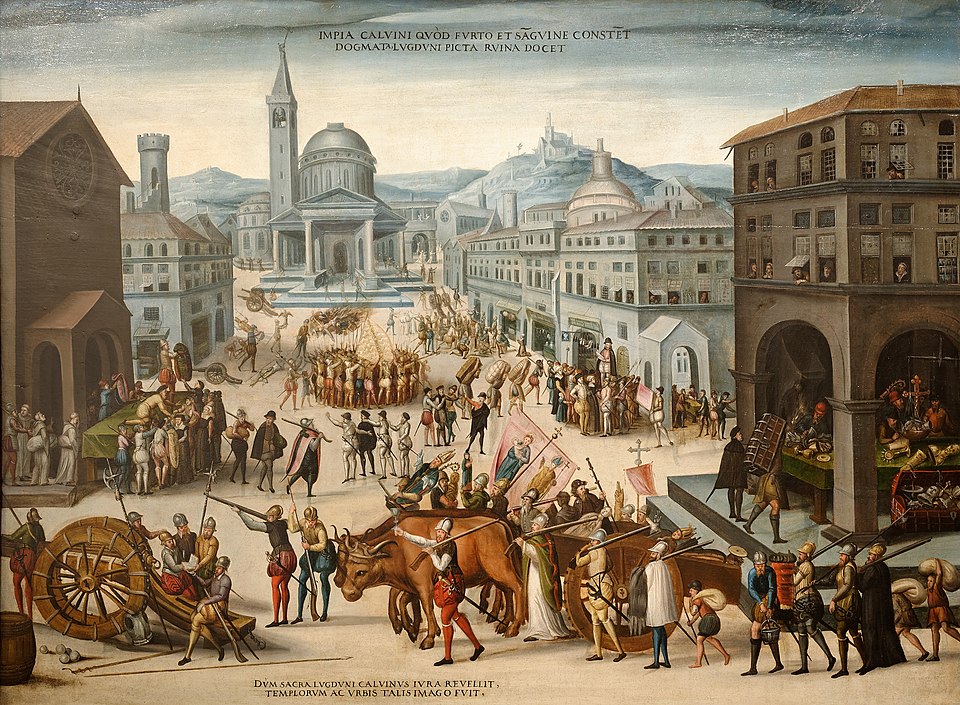THE 1973 OIL CRISIS: How Oil Became a Weapon

Did you know that the implementation of an oil embargo by OPEC against countries that supported Israel during the Fourth Arab–Israeli War backfired and led to the first oil crisis globally, with oil later becoming a weapon of sort?
In October 1973, the Organization of Arab Petroleum Exporting Countries, OAPEC, announced that it was implementing a total oil embargo against the countries who had supported Israel at any point during the Fourth Arab–Israeli War, which began after Egypt and Syria launched a large-scale surprise attack in an ultimately unsuccessful attempt to recover the territories that they had lost to Israel during the Third Arab–Israeli War.
In an effort that was led by Faisal of Saudi Arabia, the initial countries that OAPEC targeted were Canada, Japan, the Netherlands, the United Kingdom, and the United States. This list was later expanded to include Portugal, Rhodesia, and South Africa.
After it was implemented, the embargo caused an oil crisis, or "shock", with many short- and long-term effects on the global economy as well as on global politics. The embargo encouraged new venues for energy exploration, including Alaska, the North Sea, the Caspian Sea, and the Caucasus. Exploration in the Caspian Basin and Siberia became profitable. Cooperation changed into a far more adversarial relationship as the USSR increased its production. By 1980, the Soviet Union had become the world's largest producer.
Part of the decline in prices and economic and geopolitical power of OPEC came from the move to alternative energy sources. OPEC had relied on price inelasticity to maintain high consumption, but had underestimated the extent to which conservation and other sources of supply would eventually reduce demand. Electricity generation from nuclear power and natural gas, home heating from natural gas, and ethanol-blended gasoline all reduced the demand for oil.
OPEC soon lost its preeminent position, and in 1981, its production was surpassed by that of other countries. Additionally, its own member nations were divided. Saudi Arabia, trying to recover market share, increased production, pushing prices down, shrinking or eliminating profits for high-cost producers. The world price, which had peaked during the 1979 energy crisis at nearly $40 per barrel, decreased during the 1980s to less than $10 per barrel. Adjusted for inflation, oil briefly fell back to pre-1973 levels. This "sale" price was a windfall for oil-importing nations, both developing and developed.
The drop in prices presented a serious problem for oil-exporting countries in northern Europe and the Persian Gulf. Heavily populated, impoverished countries, whose economies were largely dependent on oil—including Mexico, Nigeria, Algeria, and Libya—did not prepare for a market reversal that left them in sometimes desperate situations.
When reduced demand and increased production glutted the world market in the mid-1980s, oil prices plummeted and the cartel lost its unity. Mexico (a non-member), Nigeria, and Venezuela, whose economies had expanded in the 1970s, faced near-bankruptcy, and even Saudi Arabian economic power was significantly weakened. The divisions within OPEC made concerted action more difficult. As of 2015, OPEC has never approached its earlier dominance.
In March 1974, OAPEC lifted the embargo, but the price of oil had risen by nearly 300%: from US$3 per barrel ($19/m3) to nearly US$12 per barrel ($75/m3) globally. Prices in the United States were significantly higher than the global average.
During the Iran-Iraq war of 1980–1988, the stated war aim of Iran was to overthrow the Baath regime in Iraq and then overthrow the House of Saud in Saudi Arabia. As a consequence, Saudi Arabia and the other Arab Gulf states leaned in a very pro-Iraqi neutrality during the war. As a part of its policy of supporting Iraq, Saudi Arabia pumped out oil in massive quantities to lower the price as a way of hurting Iran's economy. The low price of oil also hurt Iraq's economy, which forced Iraq to borrow massive sums of money, putting Iraq deeply into debt; by contrast, Iran refused to borrow any money because of its refusal to pay interest on any loans and paid the costs of the war direct from the sale of its oil.
Iran's revenue from the sale of oil went from $20 billion US dollars per year in 1982 to $5 billion US dollars per year by 1988, which pushed Iran to the verge of bankruptcy and forced Iran to finally make peace with Iraq later in 1988. During the war, the Iranian delegation at OPEC tried very hard to have the group cut production to raise prices, but were blocked by the other delegations led by the Saudi delegation, who insisted on more oil production.
Control of oil became known as the "oil weapon". It came in the form of an embargo and production cutbacks from the Arab states. The weapon was aimed at the United States, Great Britain, Canada, Japan and the Netherlands. These target governments perceived that the intent was to push them towards a more pro-Arab position. However, the affected countries did not undertake dramatic policy changes. The risk that the Middle East could become another superpower confrontation with the USSR was of more concern to Washington than oil. Further, interest groups and government agencies more worried about energy were no match for Henry Alfred Kissinger, the then American diplomat and political scientist who was the U.S. secretary of state from 1973 to 1977.
The 1973 embargo later came to be referred to as the "first oil shock" vis-à-vis the "second oil shock" that was the 1979 oil crisis, brought upon by the Iranian Revolution.
Source: Wikipedia
#penglobalhistory #oil



